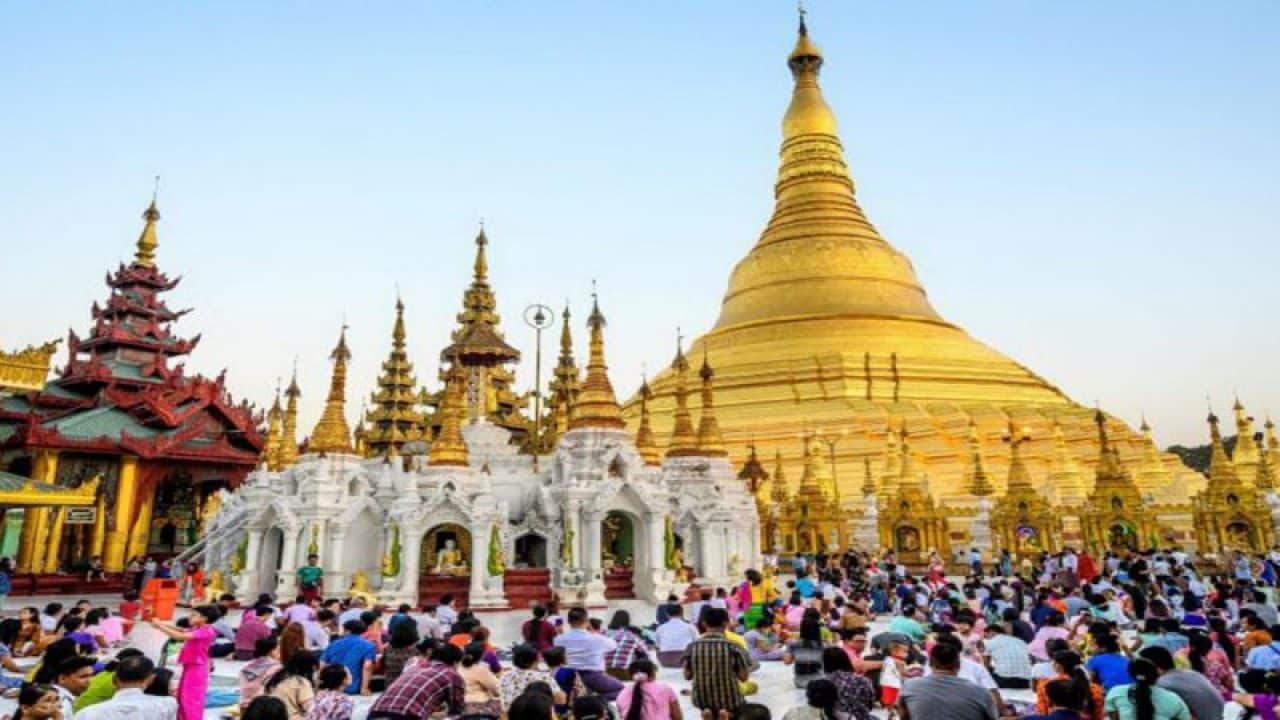Myanmar junta to reopen borders to tourists

Myanmar’s junta will allow tourists to apply for visas after a break of more than two years, state media said Thursday, sparking calls by an activist group for foreign travellers to stay away.
The country closed its borders to visitors in March 2020 at the beginning of the coronavirus pandemic in an attempt to prevent infections rising.
It was further isolated after the army toppled the civilian government of Aung San Suu Kyi in February 2021, prompting huge protests and a bloody military crackdown on dissent.
“With an aim to develop the tourism sector… e-Visa (Tourist) applications will be allowed and accepted from 15 May 2022,” said a notice in the Global New Light of Myanmar.
It did not give details on when the first visitors could be expected to arrive.
Activist groups warn that the military’s vested interests in swathes of the economy — including mines, banks, petroleum, agriculture and tourism — mean tourist dollars will likely end up in the junta’s coffers.
“Even if foreign visitors avoid hotels and transport owned by the Myanmar military and their associates, they will still fund the junta through visa fees, insurance and tax,” said activist group Justice for Myanmar.
“We call on anyone considering a holiday in Myanmar to boycott.”
After democracy was established in 2011 following decades of military rule, Myanmar opened up to tourists, becoming popular with travellers seeking an exotic destination away from the well-trodden backpacker haunts of Southeast Asia.
Clashes between anti-coup fighters and security forces following the military takeover, including in the main cities of Yangon and Mandalay, have also dented business, with many international firms pulling out of the nation.
The economy has slumped, with the local kyat currency plunging against the dollar and rolling power outages in major cities aggravating economic misery.
Access to ATMs and foreign exchange counters is patchy even in commercial hub Yangon.
Commercial flights for business travellers resumed in April, with visitors required to take a Covid-19 test on arrival but no longer required to quarantine.
More than 1,800 people have been killed by security forces and over 13,000 arrested since the coup, according to a local monitoring group.





